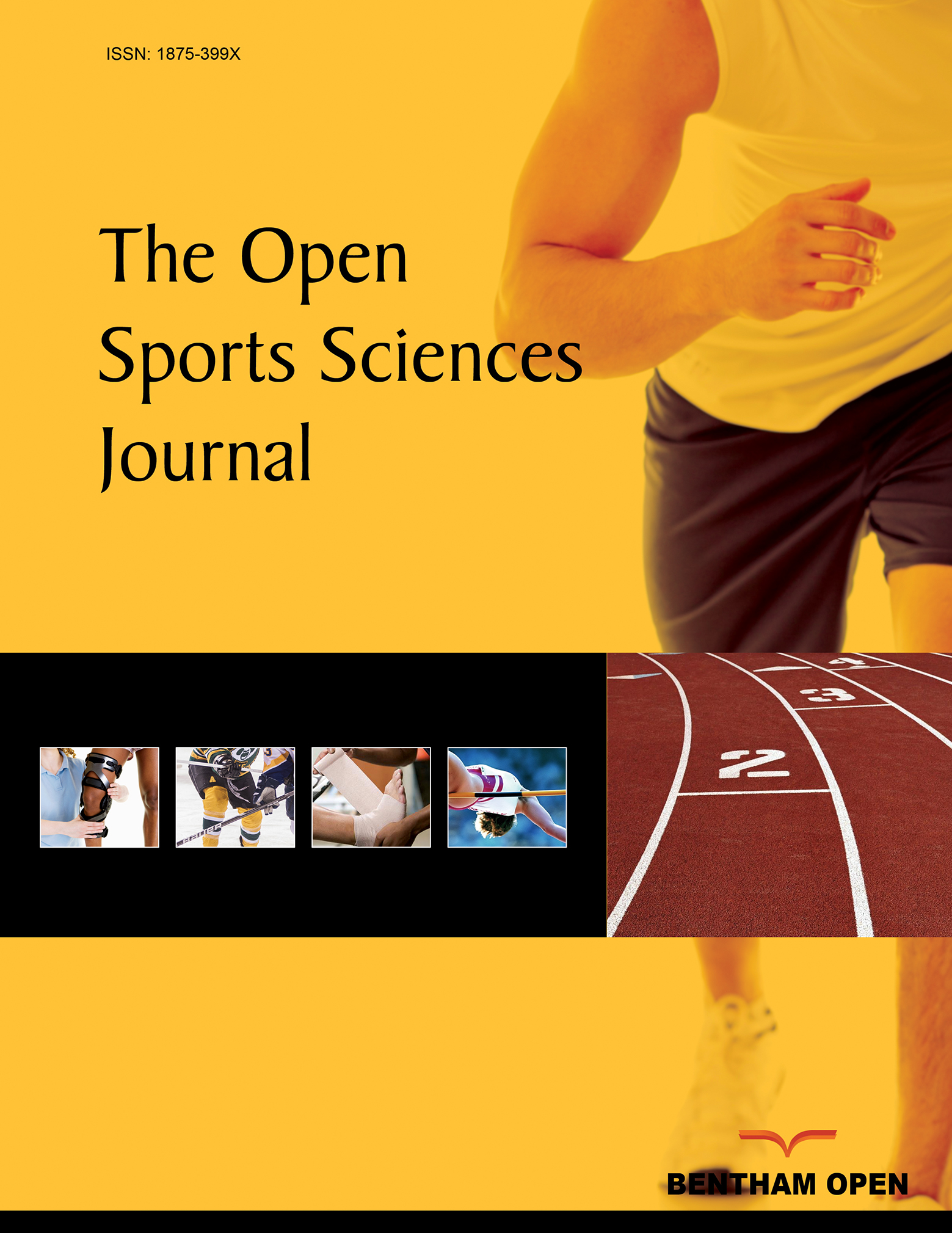Sport Policy and Sports Development: Study of Demographic, Organizational, Financial and Political Dimensions to the Local Level in Portugal
Abstract
This research aims to understand the effects of public policies on sports for people in local level, through the study of factors influencing the process of regional sport development in Portugal. The chosen framework presented here considers to sever-al variables such as the demographic dimensions, organizational levels, financial resources, political parties through the num-ber of athletes variable. This applied methodology studies the development of sports for 2000-2009, using spatial economet-rics to explain the variables in the database. The results obtained, indicate an increasing number of athletes who were fa-voured and recruited by sports leaders (sporting director), the expenditure and investment on culture and sport as well as the politics of sports are influenced by prevailing political parties. We conclude that the growth policies for sports should include 1: promote an active demography, 2: prioritize deprived areas, 3: invest in the human factors, 4: increase spending on culture and sport, and 5: preferably choosing a municipal Social Democrat or Independent management team.


